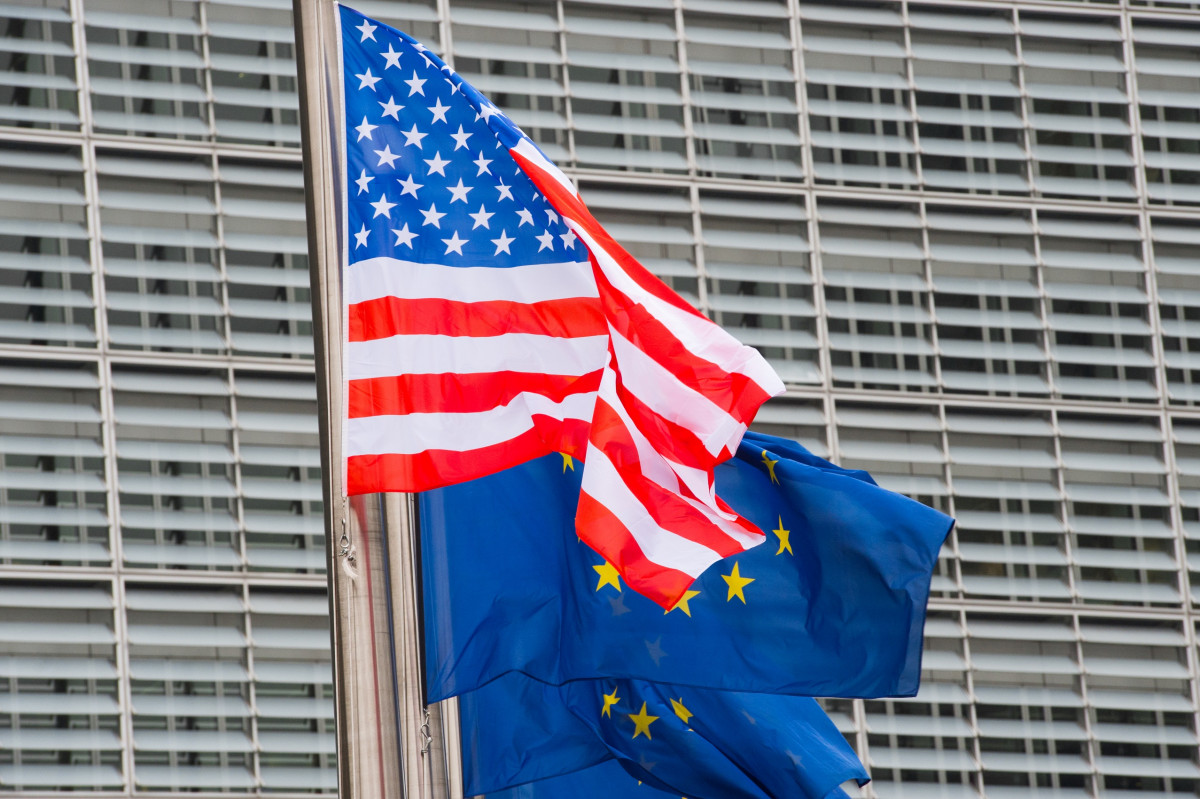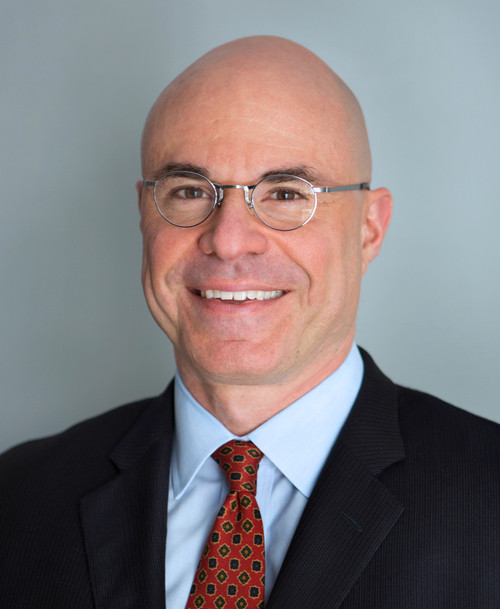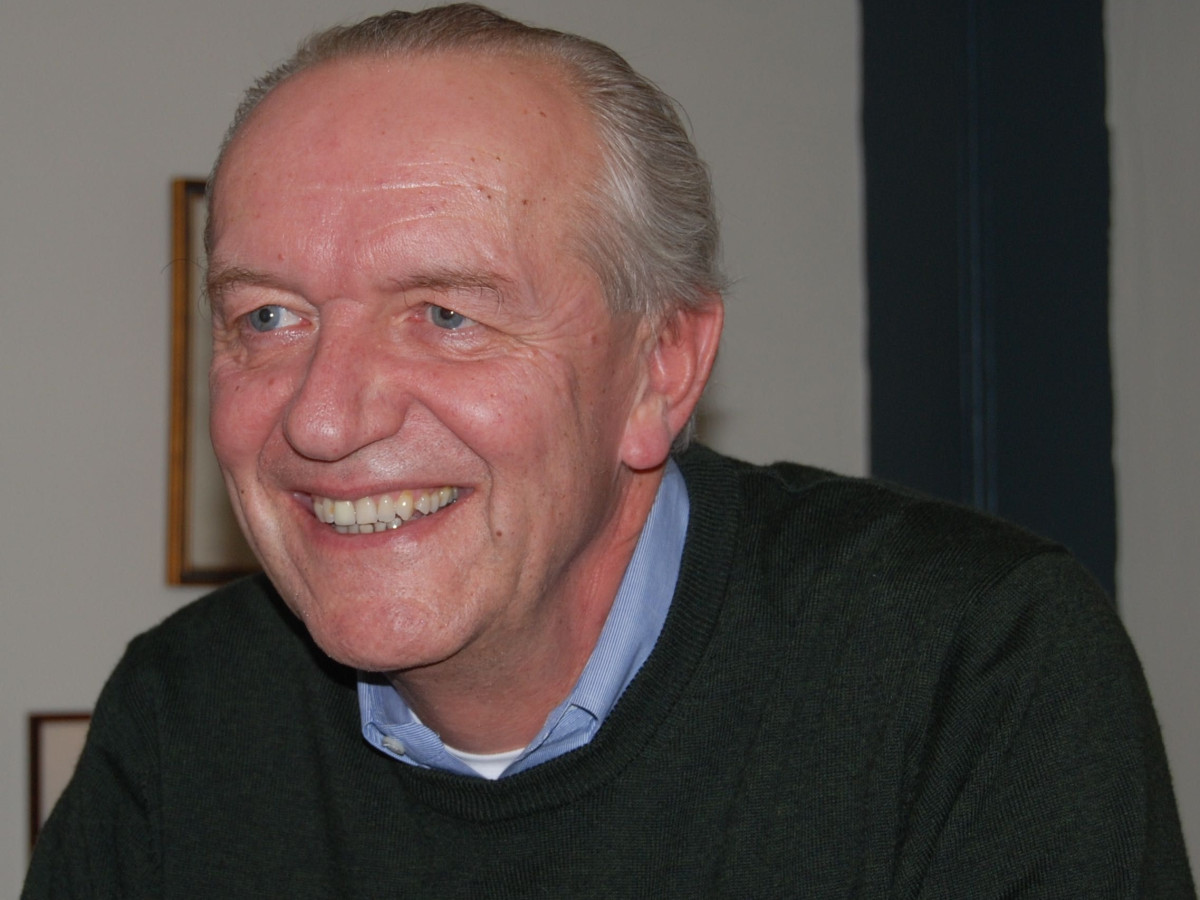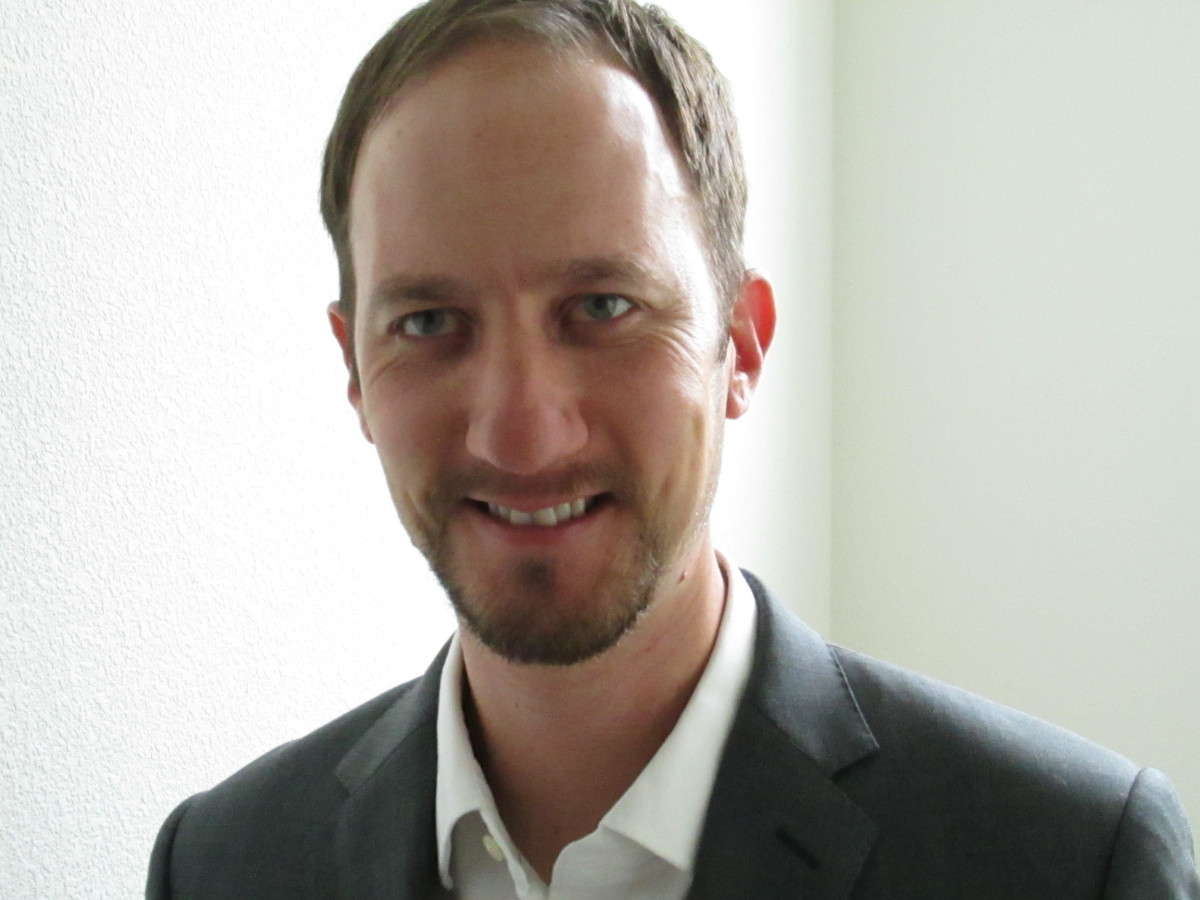Europe and the U.S. - new dream team for climate action or rivals on the road to net zero?
Expectations are high for a renewed transatlantic partnership on climate and energy when Joe Biden takes office on 20 January. The president-elect has committed to quickly re-joining the Paris Climate Agreement and has stated an ambitious aim for the U.S. to reach net-zero emissions by 2050.
Just weeks after the election, the European Commission proposed a “new EU-US agenda for global change”. The document’s paragraphs on working together to protect our planet include the call for a climate-friendly technology alliance and a wider green trade cooperation. The Commission also proposed an EU-US summit in the first half of 2021.
However, the new partnership between the two blocs – which account for about a third of the world’s GDP and trade – might not be all smooth sailing. The EU now touts its plans to introduce a CO2 price on imported goods, a carbon border tax, as a key measure for closer cooperation. In the recent past, however, U.S. officials felt such a price would penalise their country.
Industries on both sides of the Atlantic will continue to compete for profit in rapidly decarbonising markets – as showcased by Tesla’s new Gigafactory in the heart of the automobile’s birthplace in Germany.
For Biden, significant domestic obstacles remain and it remains to be seen how much the new administration can actually achieve.
Just days before Biden’s inauguration, the Clean Energy Wire invites policymakers and business representatives to share their views on questions such as:
- How will the U.S. make this dramatic change of course after the Trump years and re-establish its credibility in the international community that it will be a dependable ally in the fight against climate change?
- As the EU and US set a new diplomatic course for their transatlantic relationship, how should this partnership take shape?
- Where are opportunities for closer cooperation and what are the obstacles?
- Will the new U.S. administration have the resources to once again become a major player in global climate action, or will issues like the pandemic consume all energy?
- How could the EU help facilitate the successful repositioning the U.S. from a leading sceptic to a climate leader in 2021?
Agenda
| 16.00 - 16.05 |
Welcome and introduction by moderation Julian Wettengel, Clean Energy Wire |
| 16.05 - 16.20 |
The view from the US by Samantha Gross, Brookings Institution and Kevin Book, ClearView Energy Partners |
| 16.20 - 16.30 |
The view from Europe by Jennifer Tollmann, E3G |
| 16.30 - 17.00 | Discussion and Q&A |
| 17.00 - 17.20 |
Business and finance perspective by Willem van Rijn, NextGen Strategic Advisors and Johannes Lange, Ökoworld |
| 17.20 - 17.25 |
Journalist's perspective by Justin Gerdes, Energy Monitor |
| 17.25 - 17.30 |
Conclusions and outlook |
Speakers
Samantha Gross is a fellow and director of the Energy Security and Climate Initiative at Brookings Institution. Her work is focused on the intersection of energy, environment, and policy, including climate policy and international cooperation, energy efficiency, unconventional oil and gas development, regional and global natural gas trade, and the energy-water nexus.
Kevin Book heads the research team and covers oil, gas, and coal policy at ClearView Energy Partners, LLC, an independent firm that examines macro energy issues for institutional investors and corporate strategists. Mr. Book is a member of the Council on Foreign Relations. He is also a member of the National Petroleum Council, a self-funded advisory body to the Secretary of Energy, and a non-resident Senior Associate with the Energy and National Security Program at the Center for Strategic and International Studies.
Jennifer Tollmann is a Senior Policy Advisor in E3G’s Climate Diplomacy and Geopolitics team based out of E3G’s Berlin office. As E3G’s European Climate Diplomacy lead, Jennifer works on issues ranging from Transatlantic and Sino-European climate cooperation and competition; COP26; Climate risk and resilience diplomacy; and emerging European Green Deal Diplomacy. Jennifer works with policymakers, diplomats, foreign policy experts and civil society, to create the political space and build the diplomatic coalitions to accelerate international climate action.
Willem van Rijn is currently active as an investor, advisor and board member at various institutions, including Ecologic Institute. Based in New York, he spent most of his career as a management consultant, heading the Financial Risk Management practice in the USA and the global Financial Institutions Strategy Consulting practice for PwC. After leaving the consulting business, he served as the global Chief Operating Officer for Greenpeace International.
Justin Gerdes is the U.S. Senior Correspondent for Energy Monitor based in the San Francisco Bay Area. He is a former contributing writer for Greentech Media and author of Quitting Carbon: How Denmark Is Leading the Clean Energy Transition and Winning the Race to the Low-Carbon Future. He can be found on Twitter at @JustinGerdes and LinkedIn here.
FREQUENTLY ASKED QUESTIONS
Please click on the red "Sign up"-Button and fill in the necessary information. Remember to confirm your sign up via the automatic email you receive from us (it could land in your spam folder).
The web-event will be on the record.
The web-event language is English.
Sound quality is greatly improved by using headsets with a microphone. It is recommended that all active participants equip themselves accordingly (smartphone headsets are sufficient).







